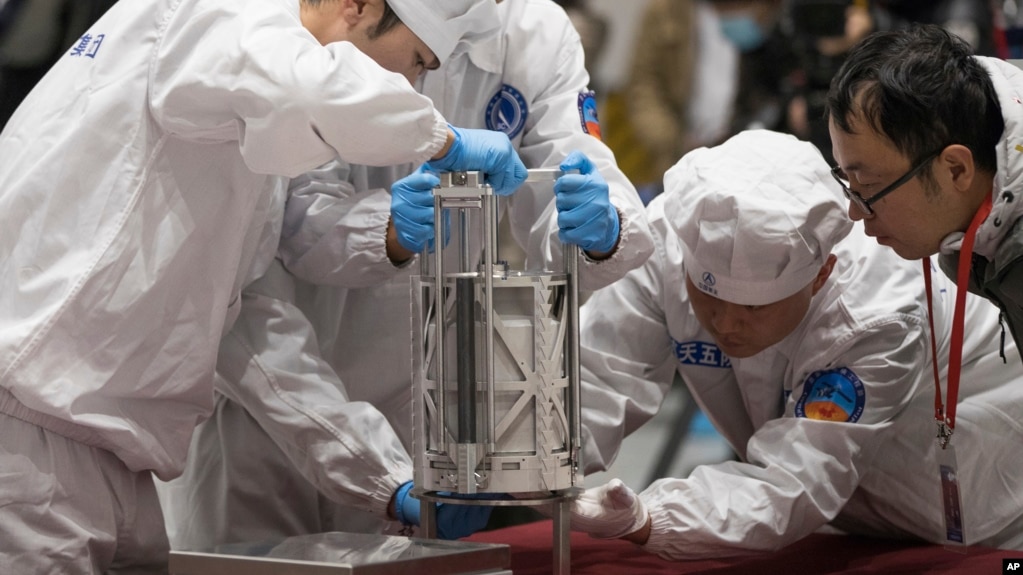
Japan's SLIM space probe entered the moon's orbit on Monday in a major step towards the country's first successful lunar landing, expected next month.

Every lunar swirl identified to date coincides with a magnetic field over the lunar surface, which scientists think deflects solar particles. There also seems to be a connection between lunar swirls and lava tubes buried beneath them.

Crystals brought back from the Moon by Apollo astronauts in 1972 push back the age of the moon by 40 million years, to at least 4.46 billion years old.

Resent studies question the evolution of the Moon magnetic field thanks to its demonstration of the existence of the inner core.

India’s Chandrayaan-3 moon rover has confirmed the presence of sulphur and detected several other elements on the lunar south pole, says the country’s space agency.

According to a new analysis of lunar craters, these pocks and divots that mar and characterize the lunar surface are too young for the long-term retention of ancient reservoirs of water ice.

Hawaian researchers discovered that high energy electrons in Earth's plasma sheet are contributing to weathering processes on the moon's surface and the electrons may have aided the formation of water on the lunar surface.

India’s Chandrayaan-3 mission landed on the moon on Aug. 23. The Vikram lander operated for almost two weeks. After the start of lunar night the Vikram rover was put into sleep mode. Both the lander and rover have a chance of waking up again later.

An orbiting satellite discovers a mysterious, heat-emitting mass of granite buried under the surface of the far side of the Moon.

Scientists report they have discovered water in materials collected during a Chinese moon mission. The water is in extremely small glass beads that were found in the dirt where many meteorites have hit the moon.

A new analysis of dust retrieved from the Moon suggests that water bound up in the lunar surface could originate with the Sun.

NASA's Artemis 1 mission has returned to Earth following a successful trip around the moon. NASA will begin assessing all the data that the spacecraft collected on its 1.4 million-mile journey through space and begin preparing for Artemis II.

After two failed attempts, NASA has successfully launched its Moon-bound megarocket the Space Launch System, which will travel beyond the far side of the Moon and back - further than any other habitable spacecraft so far.

There is as much as 120 parts per million of water (as hydroxyl and/or H2O) in the lunar regolith, new data from the lander of China’s Chang’e-5 lunar probe has revealed.

The moon’s regolith is made up of approximately 45 percent oxygen. Each cubic meter of lunar regolith contains 1.4 tons of minerals on average, including about 630 kilograms of oxygen.